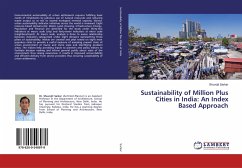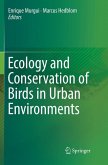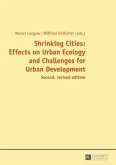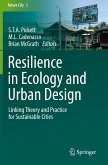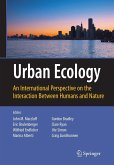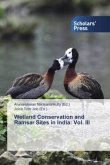Environmental sustainability of urban settlements requires fulfilling basic needs of inhabitants by judicious use of natural resources and reducing waste output so as not to exceed ecological renewal capacity. Various urban sustainability indicator initiatives across the world is reviewed. Eight resource based domains (Air, Water, Land, Housing, Infrastructure, Energy, Population and Finance) are identified for the study under thirty-two indicators at macro scale (city) and forty-seven indicators at micro scale (neighbourhood). At macro scale, analysis is done to assess relationship between indicators categorised under eight domains representing three pillars of sustainability. Indices are created and pilot tested on eight most populous cities to provide a useful measure of assessing present state of urban environment at macro and micro scale and identifying problem areas. The indices help providing inputs to planners and policy makers to facilitate decision making and inform general public about state of the environment thus raising awareness. It results in improved accountability and efficient delivery from service providers thus ensuring sustainability of urban settlements.
Bitte wählen Sie Ihr Anliegen aus.
Rechnungen
Retourenschein anfordern
Bestellstatus
Storno

